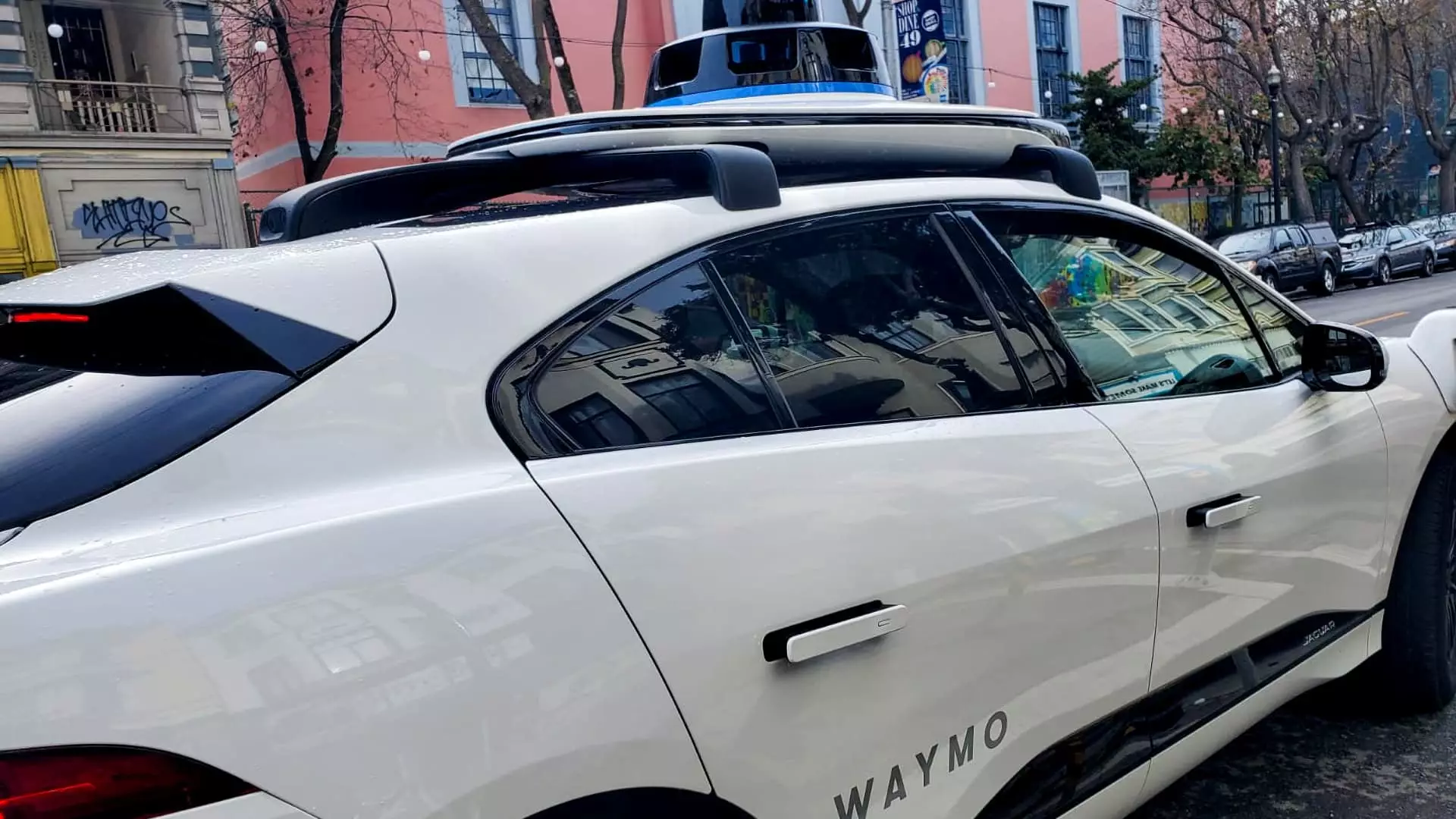In a significant move towards global outreach, Waymo, the autonomous vehicle subsidiary owned by Alphabet, announced its plans to begin testing self-driving cars in Tokyo, Japan, by early 2025. This marks a key milestone for the company as it broadens its horizons beyond the familiar landscapes of the United States. While the firm has yet to commit to offering commercial services in Tokyo, the collaboration with Japan’s largest taxi operator, Nihon Kotsu, signals its intent to understand and adapt to the unique requirements of the Japanese market.
Waymo is leveraging its partnership with Nihon Kotsu and the taxi app GO to conduct initial test runs of its Jaguar I-PACE vehicles throughout Tokyo. In the beginning phases of this venture, drivers from Nihon Kotsu will manually navigate these autonomous vehicles in prominent districts including Minato, Shinjuku, and Shibuya. The rationale behind these manned operations is to gather critical data and insights that will enhance Waymo’s AI systems. The shared data from these preliminary drives will be essential in refining the technology that powers Waymo’s autonomous fleet.
In addition to street testing in Tokyo, Waymo will also host trials at a specialized closed course in the United States that has been constructed to replicate Tokyo’s driving conditions. This approach demonstrates Waymo’s thorough method of preparation, ensuring that its technology is well-suited for the local environment before fully deploying their autonomous services.
Waymo’s expansion into Japan is not merely a geographical shift but also an opportunity to immerse itself in the local culture and regulatory landscape. The company has emphasized that it plans to engage with local partners, government officials, and community representatives to gain a comprehensive understanding of Tokyo’s transportation dynamics. This engagement is crucial, especially given Japan’s distinctive driving patterns, including the fact that the country operates on the left side of the road—a first for Waymo.
Nihon Kotsu’s role will extend beyond driving; the company is expected to manage and service Waymo’s fleet, further embedding the autonomous technology within Tokyo’s existing transport frameworks. This strategic collaboration underscores Waymo’s recognition of the importance of local expertise in successfully deploying its services.
The broader implications of Waymo’s entry into Japan cannot be overlooked. According to research from the World Economic Forum, both national and metropolitan authorities in Japan view autonomous driving technology as a potential solution to address the challenges posed by an aging population. With several areas in Tokyo designated as “test zones,” the anticipation is that autonomous vehicles will become integral to the city’s transportation ecosystem, offering residents improved mobility options and enhancing overall quality of life.
Contrasting Waymo’s ambition, recent developments reveal an intriguing landscape within the autonomous vehicle sector. General Motors has made headlines by shuttering its robotaxi division, Cruise, casting a shadow over the industry and prompting companies like Honda to reassess their forthcoming innovations. As it stands, the competition in the autonomous space remains dynamic. Waymo’s early investment in Tokyo could offer them a competitive edge while simultaneously fostering collaborative efforts with local start-ups and other developers working on self-driving technology.
As Waymo gears up for its testing in Tokyo, it is not just about technological deployment; it symbolizes a larger vision of interconnected, sustainable urban mobility. With autonomous vehicles on the brink of transforming the transportation landscape, Waymo’s proactive approach to understanding Japan’s unique environment may be crucial in shaping a model for future endeavors worldwide.
Waymo’s announcement to test its autonomous vehicles in one of the world’s busiest metropolitan areas embodies both ambition and adaptability. By leaning into local partnerships and enriching its technological capabilities, Waymo might not only achieve operational success in Tokyo but also pave the way for smarter, more inclusive transportation solutions on a global scale.

